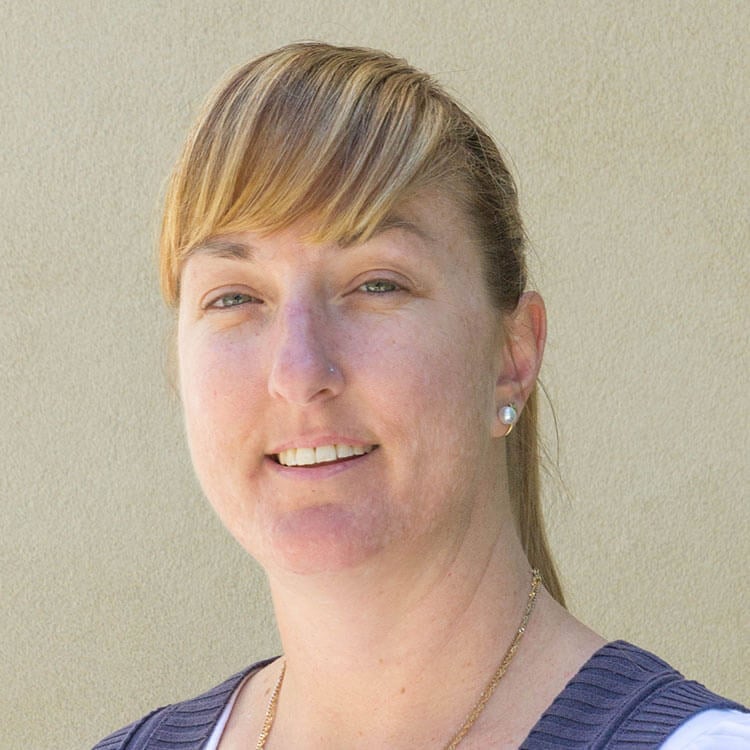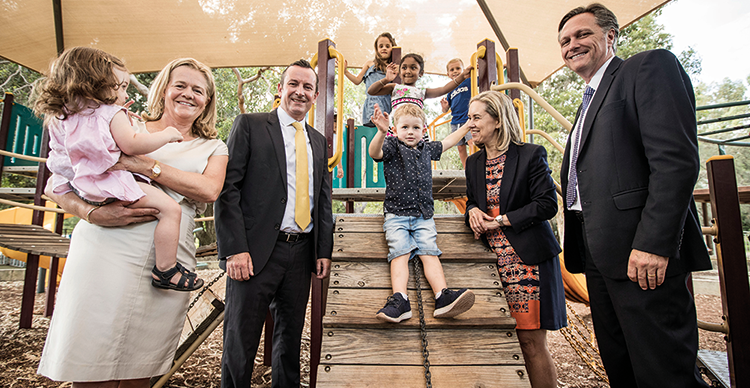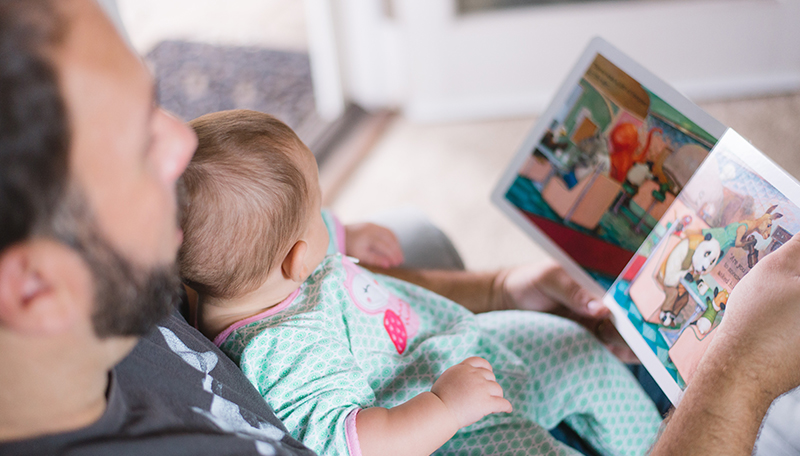Search
School bullying is a public health concern affecting the physical and mental health of children and young people. While school-based interventions to prevent bullying have been developed internationally, the effectiveness of many interventions has been mixed and modest.
Childhood obesity and physical inactivity are two of the most significant modifiable risk factors for the prevention of non-communicable diseases. Yet, a third of children in Wales and Australia are overweight or obese, and only 20% of UK and Australian children are sufficiently active.
Neurodevelopmental impairments resulting from Foetal Alcohol Spectrum Disorder (FASD) can increase the likelihood of justice system involvement. This study compared offence characteristics in young people with FASD to demographically matched controls (n = 500) in Western Australia.
Adolescent girls appear more vulnerable to experiencing mental health difficulties from social media use than boys. The presence of sexualized images online is thought to contribute, through increasing body dissatisfaction among adolescent girls.
Student bullying behaviours are a significant social issue in schools worldwide. Whilst school staff have access to quality bullying prevention interventions, schools can face significant challenges implementing the whole-school approach required to address the complexity of these behaviours.

Senior Research Officer

Honorary Research Associate

Have you ever wondered how other parents manage their kids’ device use? As part of a survey for our Cyber Savvy Project, The Kids researchers asked a group of parents for their top tips regarding their child's use of devices.

As we all know, we only get one start in life. Like the Minderoo Foundation, our partners in CoLab, we are determined to ensure that every start is a strong one for children across Australia.

Reading to your child is one of the easiest, most enjoyable activities you can do as a parent or caregiver.
